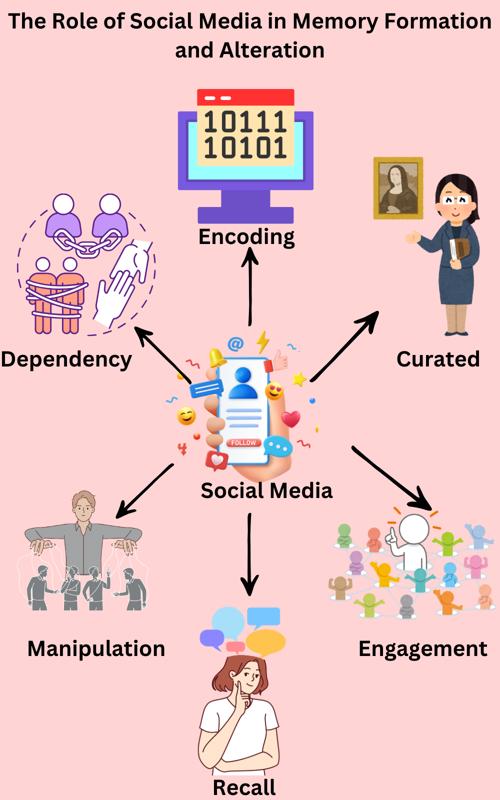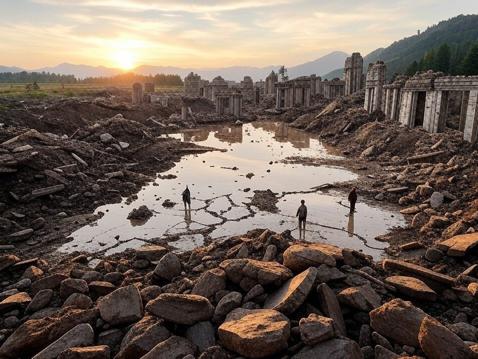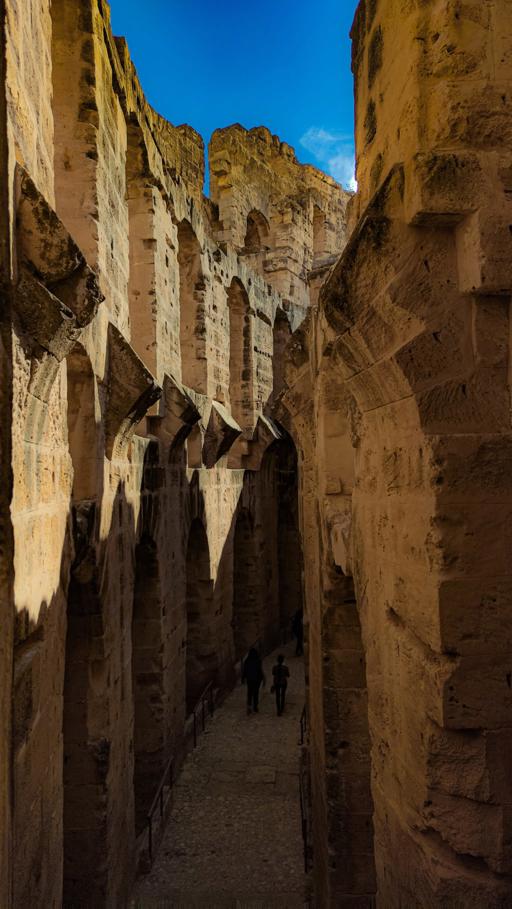Histories Unearthed: Where the Past Meets Discovery
Exploring the Fascinating World of Archaeology and Historical Discovery

Frequently Asked Questions
Notable discoveries include King Tutankhamun's tomb, which revealed insights into ancient Egyptian burial practices, the Terracotta Army, which provided knowledge about the Qin dynasty, and Pompeii, which offered a snapshot of Roman life at the time of the eruption of Mount Vesuvius.
You can participate in archaeological projects by volunteering for digs, joining local archaeological societies, or attending field schools that offer hands-on experiences in excavation and research.
Step by Step Guide
1
Understanding the Importance of History
History is not just dates and events; it shapes our identity and culture. Understanding the past gives us insight into our present and future. Learn about major civilizations, their contributions, and how they influence us today.
2
Introduction to Archaeology
Archaeology is the scientific study of human history through excavation and analysis of artifacts, structures, and other physical remains. Familiarize yourself with its various branches, including historical archaeology, underwater archaeology, and paleoanthropology.
3
Major Archaeological Discoveries
Explore major archaeological discoveries that shaped our understanding of history, such as the Tomb of Tutankhamun, the Terracotta Army, and the ruins of Pompeii. Learn the context of these findings and their significance.
4
Methods of Archaeological Excavation
Understand how excavations are conducted. Learn about stratigraphy, survey methods, and the tools that archaeologists use to uncover artifacts. Gain insights into the planning and execution of a dig.
5
Conservation of Artifacts
Once artifacts are uncovered, they must be preserved. Learn about various conservation techniques utilized to protect and maintain items from decomposition, contamination, and improper handling.
6
Interpreting Findings
Delve into how archaeologists interpret the information gathered from digs. Understand the process of forming hypotheses, analyzing evidence, and reconstructing historical contexts based on findings.
7
Ethics in Archaeology
Examine the ethical considerations in archaeological practices. Discuss issues such as looting, repatriation of artifacts, and the responsibilities archaeologists have to the communities they work in.
8
The Role of Technology in Modern Archaeology
Explore how technology has transformed archaeology. Learn about the use of Geographic Information Systems (GIS), remote sensing, and 3D modeling in discovering and documenting archaeological sites.
9
Participating in Archaeological Projects
Get involved in archaeology by joining field schools, volunteer projects, or internships. Understand the importance of community involvement and how you can contribute to ongoing research.
10
Lifelong Learning in History and Archaeology
History and archaeology are vast fields that continuously evolve. Pursue resources such as online courses, documentaries, and books to deepen your understanding and appreciation of the past.








